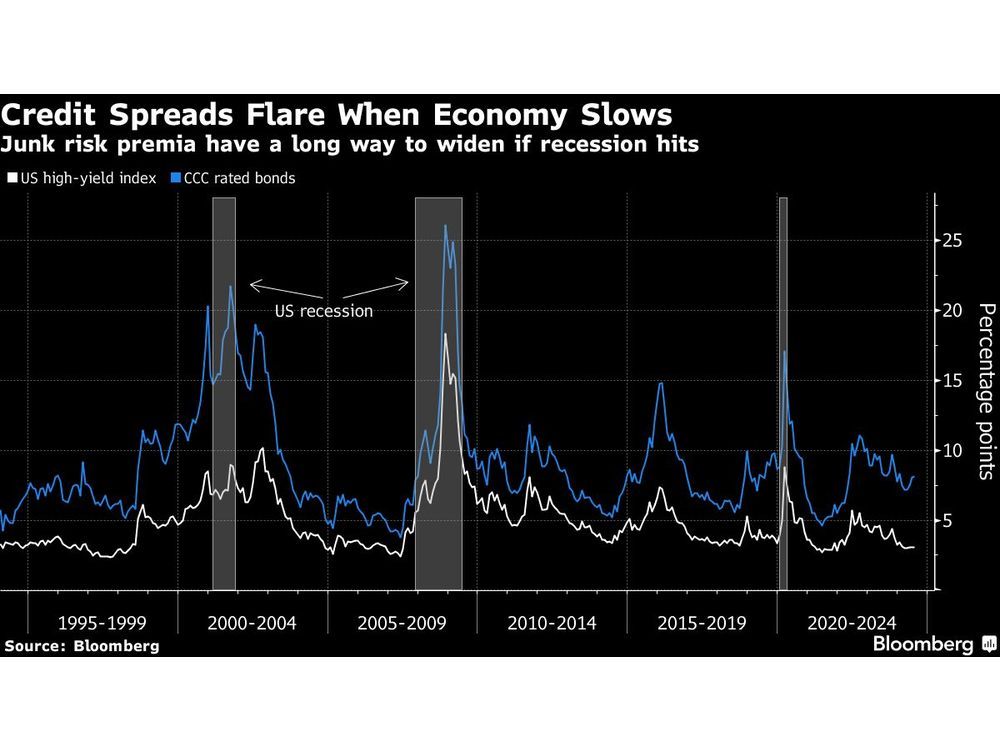Follow us on LinkedIn
If you’re like most people, you probably don’t know a lot about the Fair Debt Collection Practices Act (FDCPA). This is a law that was put into place to protect consumers from unfair and abusive debt collection practices. In this blog post, we will discuss what the FDCPA is, and how it can help you if you are being harassed by debt collectors. We will also provide some tips on how to deal with debt collectors if they are contacting you.
What is the Fair Debt Collection Practices Act?
The Fair Debt Collection Practices Act is a U.S. federal law that was enacted in 1977 in order to protect consumers from abusive debt collection practices.
How does Fair Debt Collect Act work?
The FDCPA applies to debt collectors who are trying to collect money from consumers for personal, family, or household debts. This includes debts that are incurred for medical expenses, credit card bills, car loans, and mortgages. If a debt collector is contacting you about a debt that is covered by the FDCPA, they must do so in a fair and legal manner.
What are some examples of unfair debt collection practices?
There are a number of debt collection practices that are considered to be unfair under the FDCPA. These include:
– Calling you repeatedly or contacting you at odd hours
– Making threats or using obscene language
– Falsely claiming to be a government representative or attorney
– Telling you that you will be arrested if you don’t pay your debt
– Trying to collect more money than you actually owe
– Refusing to give you information about the debt
– Sending you documents that look like they are from a court or government agency
If you are being harassed by a debt collector, it is important to know that you have rights under the FDCPA. You can contact a consumer law attorney to discuss your options and find out how to stop the harassment.
What are some of the specific protections offered by the FDCPA?
The FDCPA offers consumers protection from a variety of abusive debt collection practices, including:
– being contacted by a debt collector outside of the office hours
– being contacted at work if the debt collector knows that the consumer’s employer does not allow such contacts
– being contacted by a debt collector after the consumer has told the debt collector in writing to stop contacting them
– being contacted by a debt collector in an attempt to collect payment on a debt that the consumer does not owe
– being contacted by a debt collector using obscene or profane language
If you are being harassed by a debt collector, you may want to consider sending a cease and desist letter. This will notify the debt collector that you are aware of your rights under the FDCPA and that you expect them to stop contacting you.
While the FDCPA does offer consumers protection from abusive debt collection practices, it is important to remember that you still owe the debt. If you are able to, you should try to negotiate with the debt collector to come up with a payment plan that works for both of you.
If you are being harassed by a debt collector, or if you have any questions about your rights under the FDCPA, we encourage you to contact an experienced consumer protection attorney.
FAQs
What is the most common violation of the FDCPA?
The most common violation of the FDCPA is when a debt collector contacts a consumer outside of normal working hours. Other common violations include:
– making false or misleading statements
– using obscene or profane language
– failing to provide consumers with information about their rights
– contacting consumers at work after being told not to do so
– trying to collect more money than is actually owed
Can you sue a creditor for violating the FDCPA?
Yes, you can sue a creditor for violating the FDCPA. If you win your case, the court may order the creditor to pay your attorney’s fees and costs, as well as damages. In some cases, you may be able to recover up to $1000 in damages. If you have been the victim of abusive debt collection practices, we encourage you to contact an experienced consumer protection attorney to discuss your legal options.
What is the statute of limitations for suing a debt collector?
The statute of limitations for suing a debt collector is one year from the date of the last violation. However, if you believe that a debt collector has violated the FDCPA, we encourage you to contact an experienced consumer protection attorney as soon as possible to discuss your legal options.
If you are being harassed by a debt collector, the best thing to do is to contact an experienced consumer protection attorney. They can help you understand your rights under the FDCPA and take steps to stop the harassment. If you have any questions about your rights under the FDCPA, we encourage you to contact an experienced consumer protection attorney.
Which type of debt is not covered by the FDCPA?
There are a few types of debt that are not covered by the FDCPA, including:
– debts that were incurred as a result of fraud
– child support or alimony payments
– taxes
– student loans
If you have any questions about whether your debt is covered by the FDCPA, we encourage you to contact an experienced consumer protection attorney.
What are the practices that collectors are prohibited from doing under the FDCPA?
There are a number of practices that collectors are prohibited from doing under the FDCPA, including:
– making false or misleading statements
– using obscene or profane language
– making threats of violence
– contacting consumers at work after being told not to do so
– contacting consumers at unreasonable hours
– failing to provide consumers with information about their rights
– trying to collect more money than is actually owed
The bottom line
The Fair Debt Collection Practices Act is a federal law that protects consumers from abusive debt collection practices. If you are being harassed by a debt collector, you may be able to sue them and recover damages. If you have any questions about your rights under the FDCPA, we encourage you to contact an experienced consumer protection attorney.
Further questions
What's your question? Ask it in the discussion forum
Have an answer to the questions below? Post it here or in the forum
Meta rolled back January 6-era restrictions on former President Donald Trump's social media accounts ahead of the Republican National Convention.



June saw 75 filings, up from 62 in May and above the pandemic-era peak of 74 in July 2020, according to S&P Global Market Intelligence.

Credit markets are breathing a sigh of relief after inflation data showed price pressures are cooling broadly, but a weakening economy poses fresh risks to corporate debt.